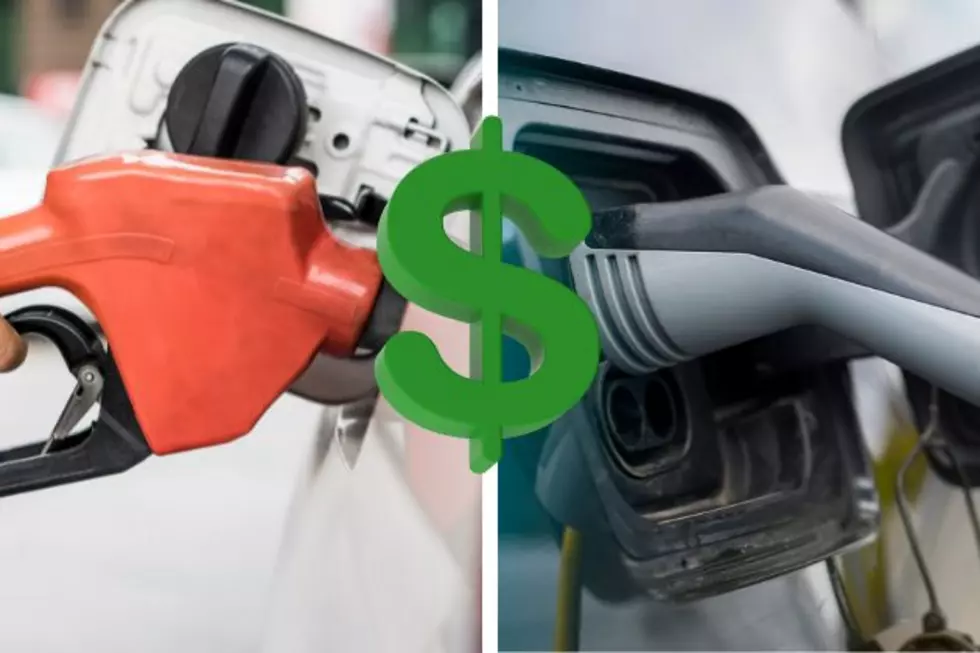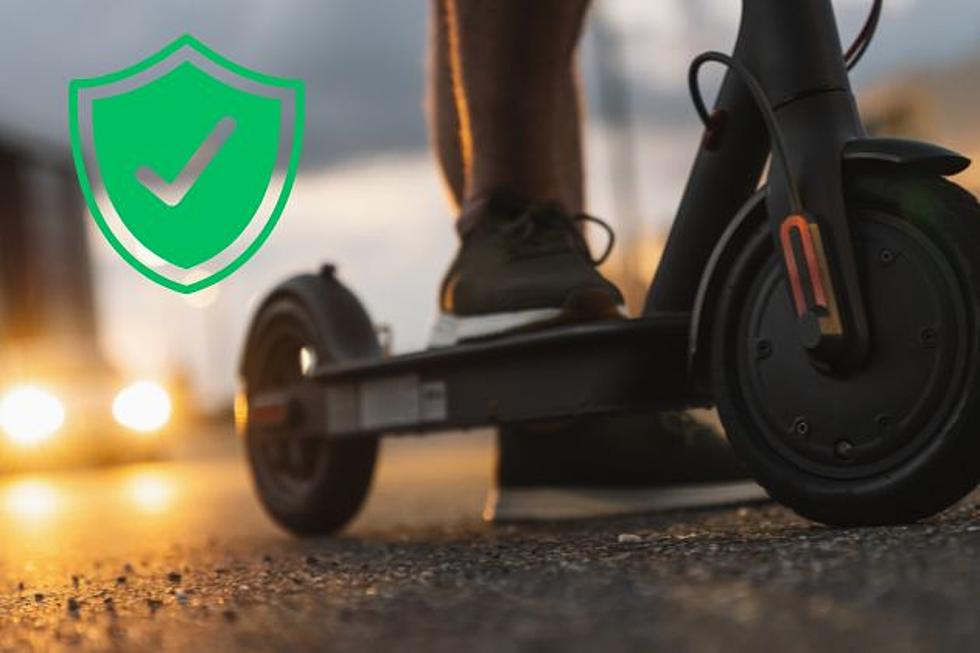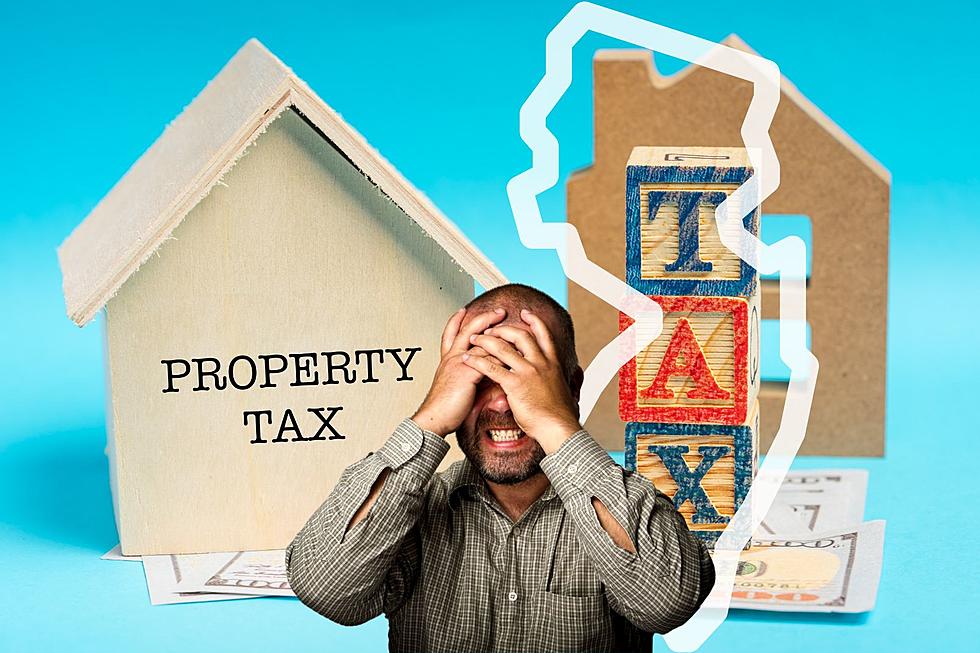
Christie Signs Law Adding PTSD to NJ Medical Marijuana Program
People suffering from post-traumatic stress disorder can now qualify for medical marijuana in New Jersey.
Gov. Chris Christie signed a bill into law Wednesday adding PTSD to the list of qualifying medical conditions in the state. To qualify, a person’s symptoms would have to be resistant to conventional medical therapy, which is usually psychotherapy with antidepressants and anti-anxiety medications.
Much of the law’s focus has been on the prospects of helping veterans, and Christie noted in a statement accompanying the bill signing that the U.S. Department of Veterans Affairs estimates 20 percent of veterans who have served in Iraq and Afghanistan have PTSD.
Christie’s administration of the medical marijuana program has drawn protests from advocates, but he was willing to sign the bill into law.
“Requiring conventional medical therapy to be ineffective in treating PTSD before medical marijuana can be prescribed is an appropriate threshold safeguard to deter misuse in the Medical Marijuana Program. However, in order to further deter abuse, I am directing the Commissioner of the Department of Health to promulgate additional regulations that provide clear objective criteria regarding the use of medical marijuana for PTSD,” Christie said in the signing statement. “Nevertheless, the mere potential for abuse by some should not deter the State from taking action that may ease the daily struggles of our veterans and others who legitimately suffer from PTSD.”
Assemblyman Reed Gusciora, D-Mercer, said “this is a great day for veterans.”
“This is really good for veterans and something that even conservatives in Congress have been talking about, so it has bipartisan support,” Gusciora said.
“There have been studies, mostly out of Israel, that have demonstrated that medical marijuana helps soldiers cope and used in conjunction with other psychological therapy can really lead to a recovery from their experiences overseas," he said. "In fact, a study in Israel has shown that use of medical marijuana on the battlefield after a person has been injured helps in a more successful recovery as they go to the hospital and then go through their own recovery."
PTSD is now a qualifying condition in 15 of the 23 states that have legalized medical marijuana.
New Jersey is home to an estimated 428,000 veterans. Up to 20 percent of Operation Enduring Freedom and Operation Iraqi Freedom veterans, up to 10 percent of Gulf War veterans, and up to 30 percent of Vietnam War veterans have experienced PTSD, according to the U.S. Veterans Administration.
“If medical marijuana holds the promise of helping more veterans overcome combat-related trauma and assimilate back into civilian life, we should be helping, not hindering that,” said Assemblyman Jamel Holley, D-Union.
“We know that individuals with PTSD are using marijuana that they are getting from the streets and, unfortunately, they are at risk of purchasing a substance that may be laced with a dangerous additive and of getting a criminal charge. This will give them the ability to obtain marijuana legally that is regulated by the government. This is a much better process than is occurring right now,” said Sen. Nicholas Scutari, D-Union.
Among the medical conditions that currently qualify a patient for inclusion in New Jersey’s medical marijuana are epilepsy, glaucoma, HIV/AIDS, cancer, multiple sclerosis, muscular dystrophy and terminal illness that carries a prognosis of less than a year to live.
Symptoms of PTSD can include flashbacks, nightmares, severe anxiety, uncontrollable thoughts about the event, emotional distress, physical symptoms, feelings of numbness or detachment, engaging in dangerous or self-destructive behavior, and experiencing suicidal thoughts.
The bill was approved in the Senate by a vote of 28-9. The Assembly approved it by a vote of 56-13, with seven abstentions. The law takes effect immediately, though Christie directed the health department of adopt additional regulations.
More From WPG Talk Radio 95.5 FM










